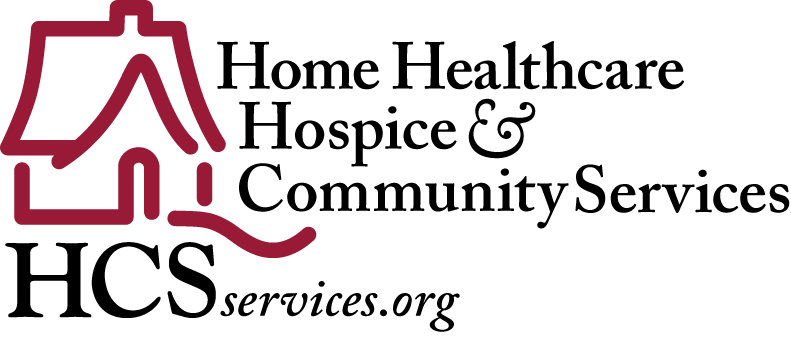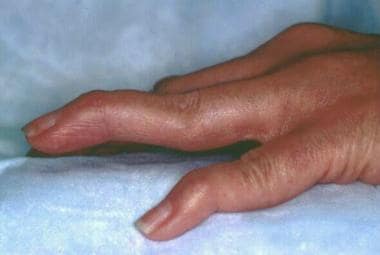
Private duty nursing is the process of hiring a nurse to help you at home. These nurses are licensed to care for you, and they may be RNs or LPNs/LVNs. They have the skills and knowledge necessary to provide safe and efficient care. The cost of this type of care is usually affordable.
In-home care
Private duty nursing provides high-quality in-home care for patients suffering from chronic conditions or other special needs. Private duty nurses monitor patients' medical conditions and keep detailed records. The nurse is able to detect changes in the patient's condition and notify the family or primary care physician immediately. Private duty nurses can help with wound care and tube feeding. They can also provide companionship and assistance with daily activities.
There are many levels of private duty nursing home care services available. Some are available for several hours a week, while others are only available for a short time. A private duty nurse can be a wonderful option for your loved one, whether they need one or many hours of nursing care per day.
Patient-centered care
Patient-centered health is a practice that puts emphasis on the patient's personal needs. A patient-centered healthcare approach allows for better communication between health professionals and patients, which helps them to achieve their goals for better health. It addresses both your physical and mental health. Both should be considered together. The best course of treatment should be determined by health professionals who take into account the preferences, cultural traditions, as well as socioeconomic background.

Patient-centered healthcare is important for health care. It puts patients in control. It helps reduce unnecessary procedures, respects patients' wishes and improves patient care. It also allows health professionals to devise targeted care strategies. Patients-centered care works best when both the patient's and their care provider have trust.
Costs
Although private duty nursing services are usually covered by insurance or Medicaid, costs can vary. Most agencies require that the client spends no more than 30 minutes in their home. Some charge up to $275 per hour. The cost of a nurse who needs to be there for several hours a day may increase. It is worth checking with your insurance provider to confirm that your plan covers private duty nurses.
Medicaid is the most popular way to pay private duty nursing. Private pay or managed-care organizations could also be used. This service should be requested by a physician. Additionally, you can choose the home-care agency that suits your needs best. There are many advantages to private duty nursing. One advantage is that private duty nursing promotes healing at your home. This leads to better outcomes than lengthy stays in the hospital. Private duty nursing is cheaper than long-term care facilities, which can be costly.
Regulations
Private duty nurses must comply with certain state regulations in order to provide high-quality care. They must adhere to the HIPAA privacy rules as well as 45 C.F.R. Parts 160-164. In addition, they must adhere to certain security and confidentiality requirements. They must keep the records of patients for three years and create an individual plan of treatment for each one.
Private duty agencies require that nurses have a valid nursing license. These licenses need specific certifications or CEUs. Some states require applicants for nurse licenses to obtain certifications as nurses in pediatrics and intensive care. A nurse must have strong moral character as well as the ability to care for patients safely and responsibly. Private duty nurses can work without supervision. However, regulations require them only to accept patients in their areas of expertise and to use reasonable judgment when providing care.

Career path
If you're interested in a career as an Private Duty Nurse, this is the place for you. This career track is growing at a rapid rate, and the job market is very competitive. According to the Bureau of Labor Statistics private duty nurses make up the majority of the highest-paid nurses.
To become a Private Duty Nurse, you must complete a nursing degree and gain several years of experience at the bedside. This type of nurse is often responsible for caring for patients and their daily activities, such as bathing and eating. They may also teach patients or perform skilled nursing tasks.
FAQ
What is public health's health system?
The entire process of providing medical services to the population is called Health System. This includes financing, regulation, education, training and information systems.
What do you need to know about insurance for health?
You should always keep track of the policy documents if you have insurance for health. You should ensure you fully understand your plan. Ask questions whenever you are unclear. If you don't understand something, ask your provider or call customer service.
Remember to take advantage of your plan's deductible when it comes time to use your insurance. Your deductible represents the amount you will have to pay before your policy begins covering the rest.
What are the various health care services available?
Patients need to be aware that they can get quality healthcare any time. We are here to help, no matter if you have an emergency or need a routine check-up.
We offer many types and types of appointments. For those who live outside of our clinic, we also offer home care visits. We will ensure that you get prompt treatment at the nearest hospital if you aren't comfortable visiting our clinic.
Our team includes doctors, nurses, pharmacists, dentists, as well as other professionals who are dedicated to providing exceptional patient service. Our goal is to make each visit as painless and convenient as possible.
What is the role of private sector?
Private sector plays a crucial role in healthcare delivery. The private sector provides some equipment for hospitals.
It also pays for some of the staff who work in hospitals. It is logical for them to be involved in running the system.
However, there are limitations to what they can offer.
The government provides free services that private providers can't always match.
They should not try to run the whole thing. This could result in a system that isn't cost-effective.
Statistics
- Over the first twenty-five years of this transformation, government contributions to healthcare expenditures have dropped from 36% to 15%, with the burden of managing this decrease falling largely on patients. (en.wikipedia.org)
- Foreign investment in hospitals—up to 70% ownership- has been encouraged as an incentive for privatization. (en.wikipedia.org)
- For the most part, that's true—over 80 percent of patients are over the age of 65. (rasmussen.edu)
- Consuming over 10 percent of [3] (en.wikipedia.org)
- The health share of the Gross domestic product (GDP) is expected to continue its upward trend, reaching 19.9 percent of GDP by 2025. (en.wikipedia.org)
External Links
How To
What are the Key Segments in the Healthcare Industry's Industry?
The major segments of the healthcare sector include diagnostics, pharmaceuticals, diagnostics and biotechnology, as well as therapeutics, health IT, medical equipment and medical devices.
Defibrillators, blood pressure monitors (defibrillators), stethoscopes, and ultrasound machines are some examples of medical devices. These devices are often used to diagnose, treat, or prevent diseases.
Pharmaceuticals are medications that are used to treat or alleviate symptoms. You can find examples such as antibiotics, antihistamines or contraceptives.
Diagnostics are laboratory tests used to detect illness and injury. Examples include blood tests, urine samples, CT scans, MRI scans, X-rays, etc.
Biotechnology refers the process of creating useful substances from living organisms such as bacteria. Some examples include insulin, vaccines, and enzymes.
Therapeutics refer to treatments given to patients to alleviate or treat symptoms. They may involve drugs, radiation therapy, surgical interventions, etc.
Computer software programs used to manage patient records and medical information technology are part of health information technology. It helps them track which medications are being taken, when they should be taken, and whether they are working properly.
Medical equipment is anything used to diagnose, treat, or monitor conditions or illnesses. These include dialysis machines and pacemakers, ventilators, operating table, and ventilators.